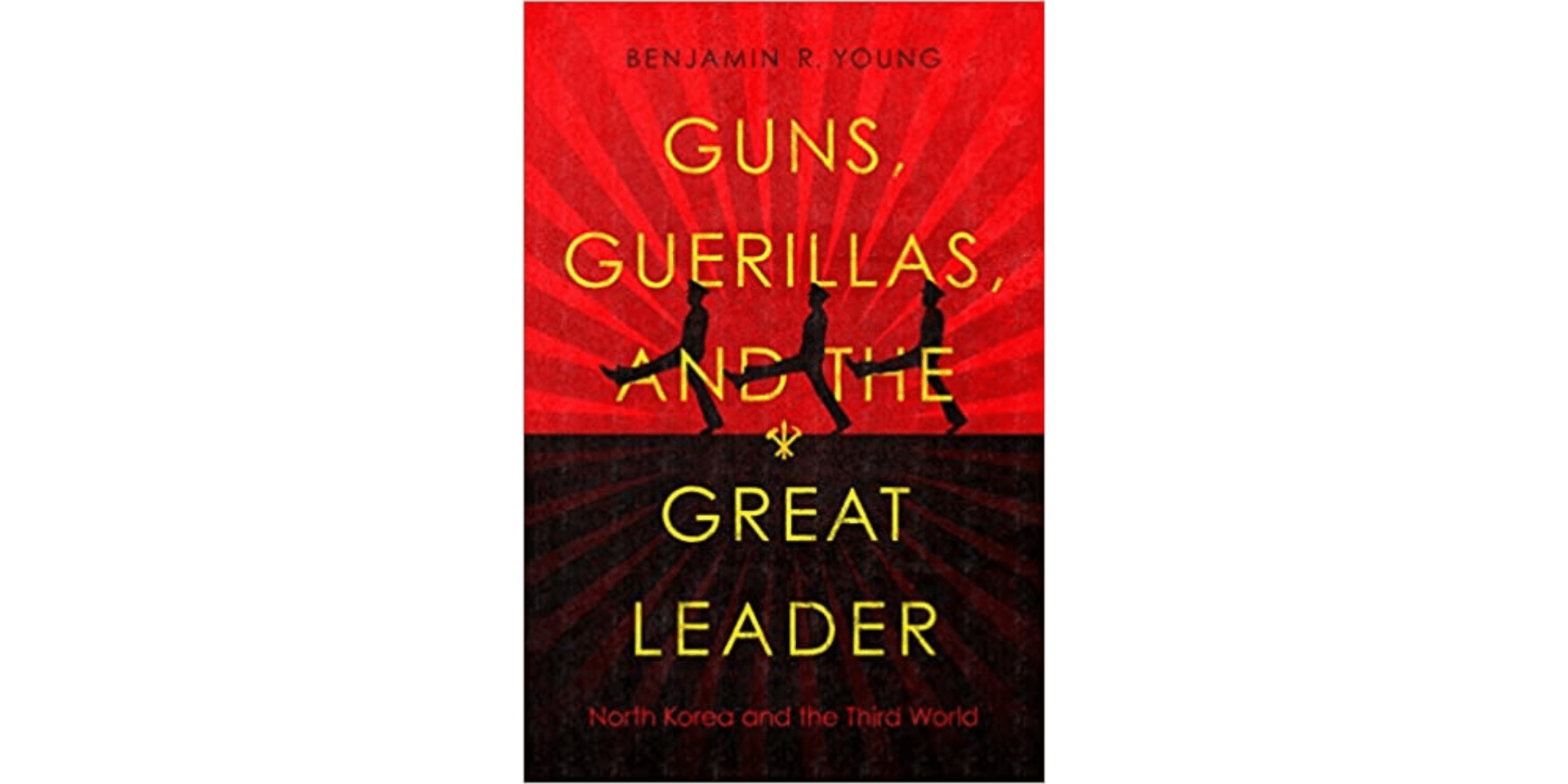Monday, October 25, 2021
4:00 PM – 5:30 PM EDT
Zoom Event
Space in the Zoom webinar is available on a first-come first-serve basis and fills up very quickly. If you are unable to join the session or receive an error message, you can still watch the event on the Wilson Center RSVP page or on the NHC’s Facebook Page once the event begins.
Far from always having been an isolated nation and a pariah state in the international community, North Korea exercised significant influence among Third World nations during the Cold War era. With one foot in the socialist Second World and the other in the anticolonial Third World, North Korea occupied a unique position as both a postcolonial nation and a Soviet client state, and sent advisors to assist African liberation movements, trained anti-imperialist guerilla fighters, and completed building projects in developing countries.
Speaker
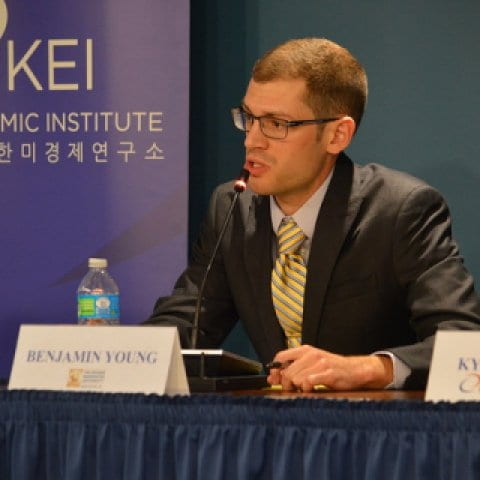
Benjamin R. Young is an Assistant Professor of Homeland Security and Emergency Preparedness at VCU (Virginia Commonwealth University). He is the author of Guns, Guerillas, and the Great Leader: North Korea and the Third World (Stanford University Press, 2021). He received his Ph.D. from The George Washington University in 2018. He has previously taught at the U.S Naval War College and Dakota State University. He has published peer-reviewed articles on North Korean history and politics in a number of scholarly journals and is a regular contributor to NKNews.org.
Moderators

Dr. Christian F. Ostermann is the director of the History and Public Policy Program (Cold War International History Project/North Korea Documentation Project/Nuclear Proliferation History Project) of the Woodrow Wilson International Center for Scholars and a Research Fellow at the National Security Archive. He received his M.A. and Ph.D. in modern and medieval history from the University of Cologne (Germany). He has received scholarships and awards from the Norwegian Nobel Institute in Oslo (1999), the Harry S. Truman Library Institute (1995-1996), the Institute for the Study of World Politics (1995), the German Historical Institutes in London (1994) and Washington (1991-1992), the Gerda-Henkel Foundation for Historical Scholarship in Duesseldorf (1993-1994), the John F. Kennedy Institute for North American Studies at the Free University of Berlin (1992-1993), and the Konrad Adenauer Foundation (1974-1991), among others. He is the author of Uprising in East Germany, 1953, (CEU Press, 2001), a National Security Archive Documents Reader, and most recently Between Containment and Rollback: The United States and the Cold War in Germany (Stanford, 2021).
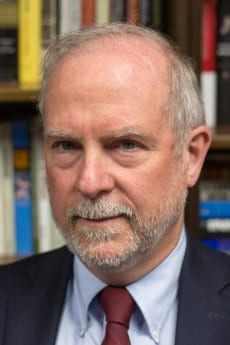
Eric Arnesen is the James R. Hoffa Teamsters Professor of Modern American Labor History and Vice Dean for Faculty and Administration in GW’s Columbian College of Arts and Sciences. His scholarly work focuses on issues of race, labor, politics, and civil rights. In his book, Brotherhoods of Color, he explored traditions of black trade unionism and labor activism, white union racial ideologies and practices, and workplace race relations. In various essays, he has debated the uses of the concept of “whiteness” in American history, the character of black anti-communism, and the utility of the “long civil rights movement” framework. His current project is a political biography of the civil rights and labor leader A. Philip Randolph. A former president of The Historical Society, Professor Arnesen teaches courses on modern U.S. history, American labor history, and race and public policy. His reviews have appeared in The Washington Post, The Chicago Tribune, and The Boston Globe and his review essays have appeared in The New Republic, Dissent, and Historically Speaking. In 2006, he held the Distinguished Fulbright Chair at the Swedish Institute for North American Studies at Uppsala University in Sweden and in 2011-2012 he was a fellow at the Woodrow Wilson International Center for Scholars. He is currently co-chair of the Washington History Seminar at the Wilson Center.
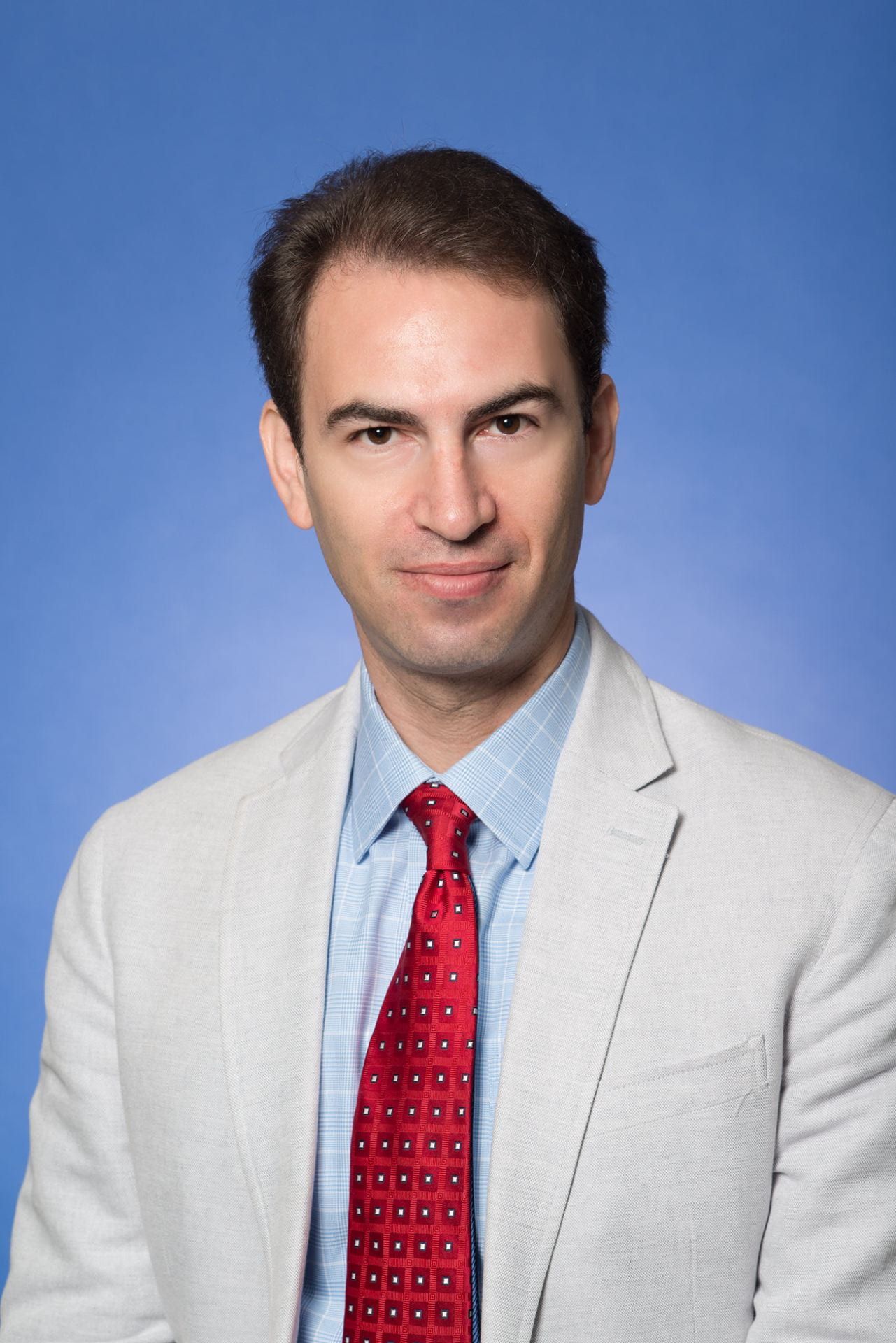
Gregg Brazinsky is Professor of History and International Affairs. He is director of the Asian Studies Program, acting director of the Sigur Center for Asian Studies, and acting co-director of the East Asia National Resource Center. He is the author of two books: Nation Building in South Korea: Koreans, Americans, and the Making of a Democracy and Winning the Third World: Sino-American Rivalry during the Cold War. His articles have appeared in numerous journals including Diplomatic History and the Journal of Korean Studies. He has written op-eds for The Washington Post, The Chicago Tribune and several other media outlets. He is currently working on two books. The first explores American nation building in Asia–especially Japan, Taiwan, and South Korea. The second explores Sino-North Korean relations during the Cold War.
Panelists
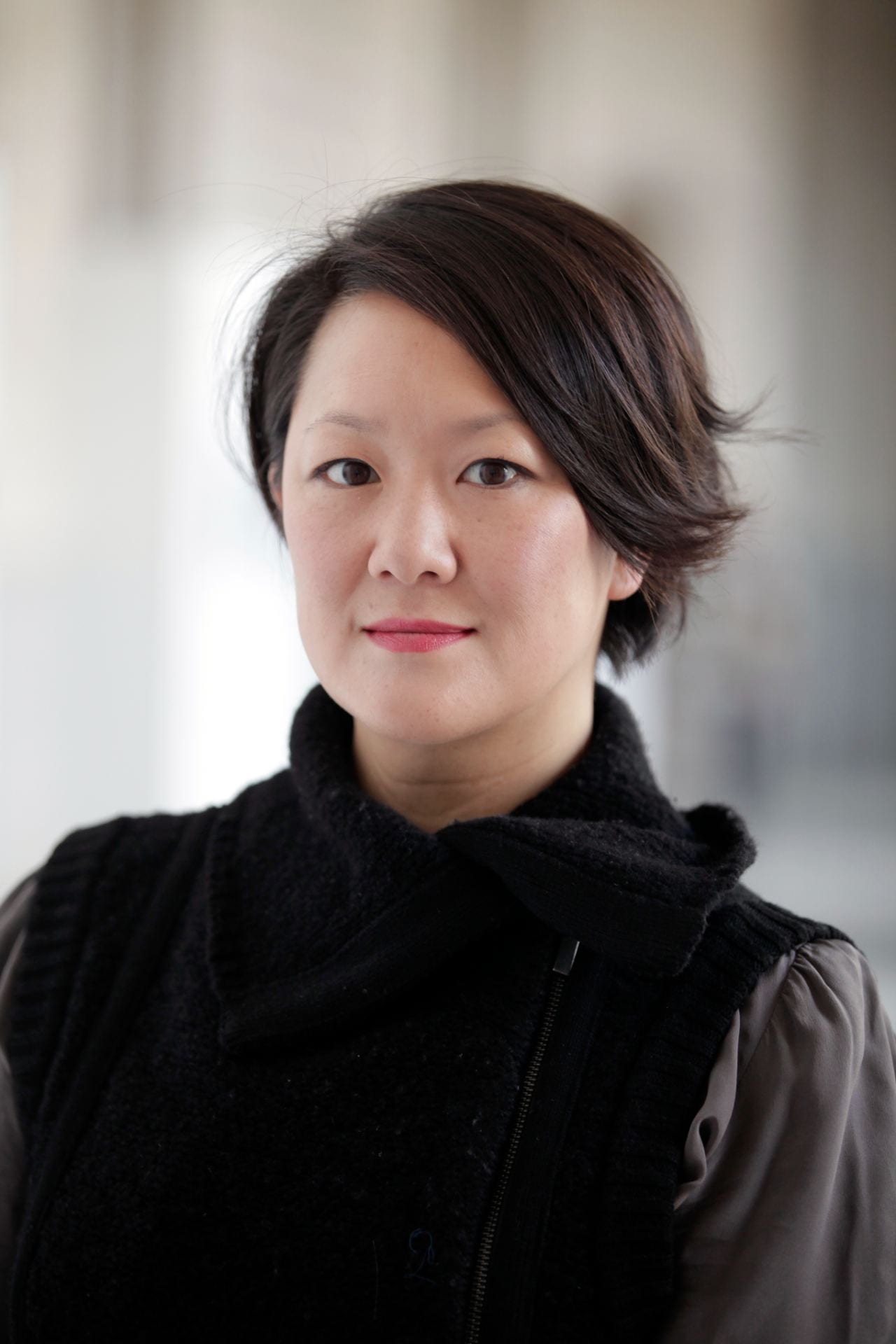
Jean H. Lee is a veteran foreign correspondent and expert on North Korea. Lee led the Associated Press news agency’s coverage of the Korean Peninsula as bureau chief from 2008 to 2013. In 2011, she became the first American reporter granted extensive access on the ground in North Korea, and in January 2012 opened AP’s Pyongyang bureau, the only U.S. text/photo news bureau based in the North Korean capital. Lee served as a Wilson Center Public Policy Scholar and Global Fellow before joining the Asia Program as Korea Center program director. She has contributed commentary and feature stories to the New York Times Sunday Review, Esquire magazine, the New Republic and other publications. She appears as an analyst for CNN, BBC, NPR, PRI and other media, and serves frequently as a guest speaker on Korea-related topics. She is a member of the National Committee on North Korea, the Council of Korean Americans, the Asian American Journalists Association, the Pacific Council. She serves on the World Economic Forum’s Global Futures Council on the Korean Peninsula. She is co-host of the Lazarus Heist podcast on the BBC World Service.
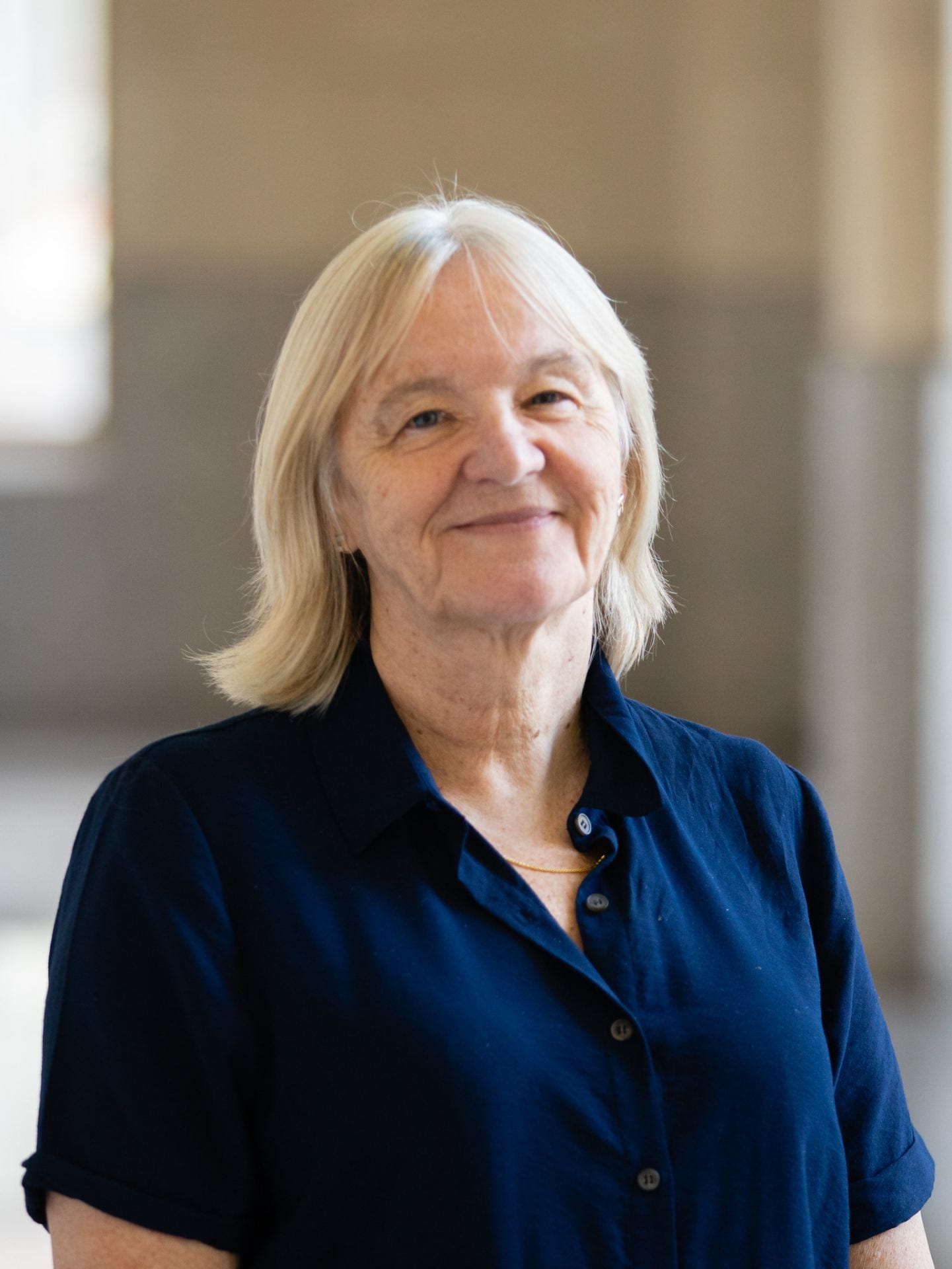
Professor Hazel Smith’s publications include ‘Nutrition and Health in North Korea: What’s New, What’s Changed and Why It Matters’, North Korean Review, Vol. 12 No. 1, Spring 2016, pp. 7-34; North Korea: Markets and Military Rule (Cambridge University Press, 2015), ‘Crimes against Humanity? Unpacking the North Korean Human Rights Debate’, Critical Asian Studies, Vol. 46 No. 1, 2014, pp. 127-143; [joint edited] Reframing North Korean Human Rights; Critical Asian Studies, December 2013/ March 2014, Reconstituting Korean Security (2007); Hungry for Peace: International Security, Humanitarian Assistance and Social Change in the DPRK (2005) and [joint-edited] North Korea in the New World Order (1996). Professor Smith received her PhD in International Relations from the London School of Economics in 1993 has held prestigious competitive fellowships at the Woodrow Wilson International Center for Scholars (2012/2013), the East-West Center, Honolulu (2008 and 2015), Kyushu University (2010), the United States Institute of Peace (2001/2002) and was a Fulbright scholar at Stanford University (1994/1995). Professor Smith is regularly called on to advise governments, including the UK and the US and is a frequent broadcaster for the global media on North Korea, where she lived and worked for United Nations humanitarian organisations for two years and from where she earned a (still valid!) North Korean driving license.
